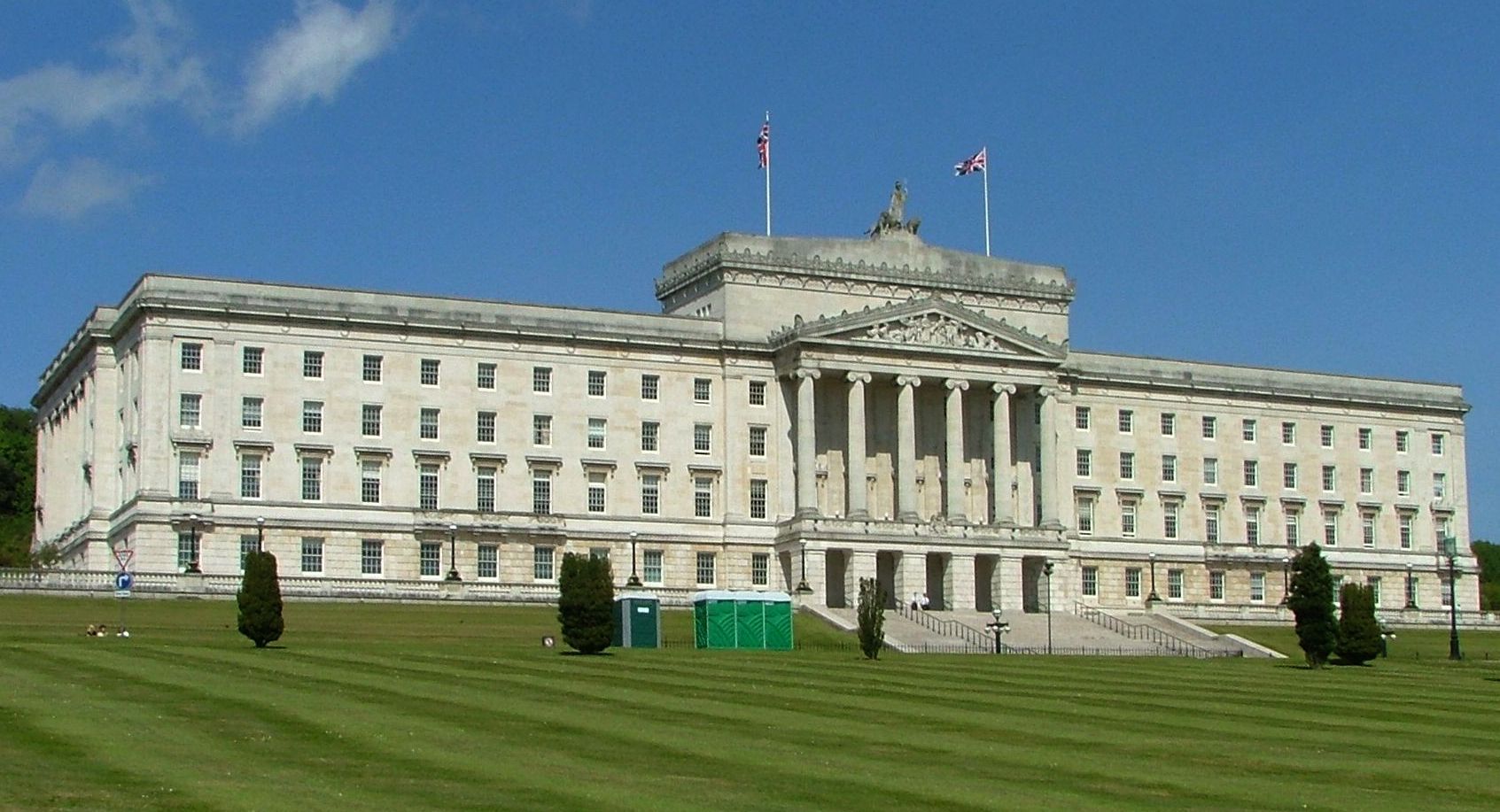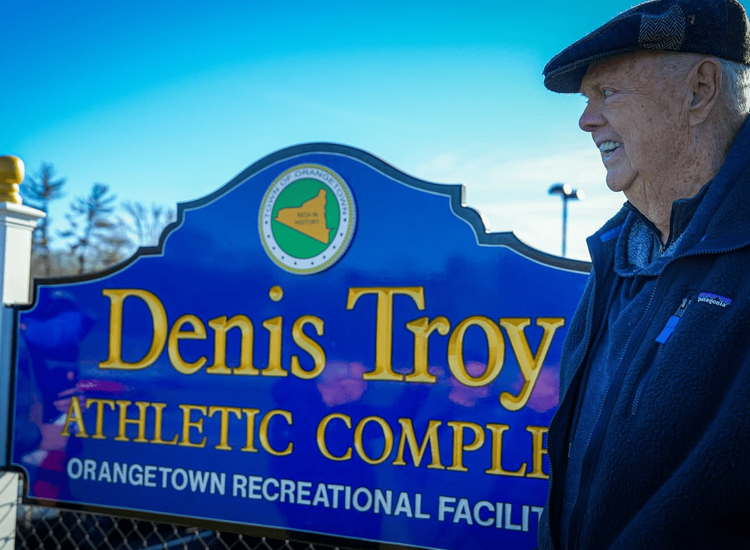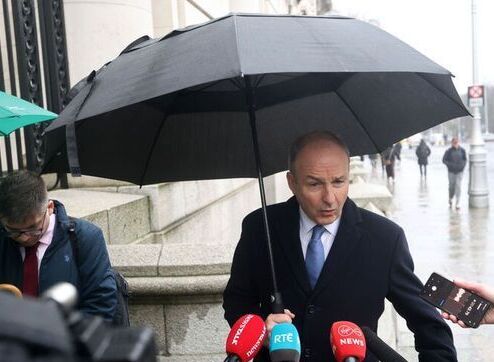As the British government barrels along towards passing its widely unwanted legacy bill, and before he set off for a visit to the Middle East, Tánaiste Micheál Martin stood before the annual British Irish Association Conference and delivered the Irish government's assessment of where we are at, and where we might be headed.
His words did not make for entirely comforting reading.
Said Martin in part: "This is a moment of complexity and nuance, even strain, in the relationships described in the three strands of the Good Friday Agreement. The simple truth is that the great hope of 1998 has not delivered sufficiently for the people of Northern Ireland.
"Politics is not working as we would have wished or, more importantly, as the people of Northern Ireland deserve. Narratives of progress and potential are being replaced by those of loss – or, worse, in oppositional terms echoing the binaries of times that should be consigned to history."
Martin took those attending the conference through the last quarter of a century in the aftermath of the reaching of the Good Friday Agreement and the various agreements that followed.
Now, he said, was the time to rebuild the sense of common purpose, shared understanding, and the confidence that brings, which was evident in former years.
But there was a problem.
Stated Martin in part: "Clearly one of the greatest challenges that any post-conflict society faces is dealing with the legacy of the past. We had hoped that with the Stormont House Agreement an agreed way forward with the buy-in of all major stakeholders in Northern Ireland had been found: victims and survivors, political leaders, rights bodies, and the two Governments.
"I am fearful that the British Government’s unilateral departure from this agreed approach, a source of real distress for the many families waiting for inquests or pursuing civil litigation in relation to the death of their loved ones, will damage the process of reconciliation. The Bill is expected to complete its final steps in Westminster in the coming days.
"Some may be tempted to see the Bill’s enactment as drawing a line under the legacy issue. Sadly, it will not – instead, I fear it will ensure legacy remains a source of contention, suspicion and mistrust, with little truth, no apologies and hurt layered upon hurt. And while no approach would be perfect, it is a matter of great sadness that the agreed way forward was never given its chance.
"In the absence of an agreed way forward on this most difficult of issues, I worry that the past will infect the politics of the future.
"And, in honesty, we are not in the easiest of moments. Those elected to the Assembly in May 2022 have not yet been able to discharge the democratic responsibilities given to them by the people of Northern Ireland. We have a duty, as democrats, to show that politics works. That means showing up. Matches are not won from the side-lines.
"I fully understand and appreciate the genuine concerns that underpin the current situation, and the sincere efforts that have been made to accommodate those concerns. Following great effort, in the Windsor Framework new arrangements have been reached which give Northern Ireland’s elected leaders a direct voice in managing any future challenges and opportunities that emerge. I want this voice to be heard loudly and clearly – in Dublin, in London, in Brussels. For that to happen, we need to see the Executive and Assembly restored."
"I know that there is a repository of goodwill and people of good faith who want to make Northern Ireland work, in Dublin, Brussels, New York, Washington and in board rooms beyond. I heard this last week in Dublin, from hundreds of visiting US politicians from state and federal levels. All they ask is the restoration of political certainty and stability.
"The current impasse in Stormont incurs an enormous opportunity cost by preventing political leaders from working on and coming forward with answers on the short, and long-term issues that affect people’s quality of life.
"I would also urge Northern Ireland’s leaders to consider the effect that this crisis has on the weave of social fabric across Northern Ireland, particularly on those parts of society where the peace process is spread most thinly. One of the few moments in recent times of political unity came earlier this year in the wake of the horrifying attack on DCI Caldwell, when leaders from all parties and both governments condemned those responsible in the strongest terms.
"This unity is very welcome in this awful context, but it cannot only be deployed in such circumstances. It needs to be deployed daily, to help Northern Ireland address the range of issues slowing its transition from a post-conflict society into a prosperous place."
Those attending the conference, we can assume, listened intently to Mr. Martin's words. But how much attention was London paying?








